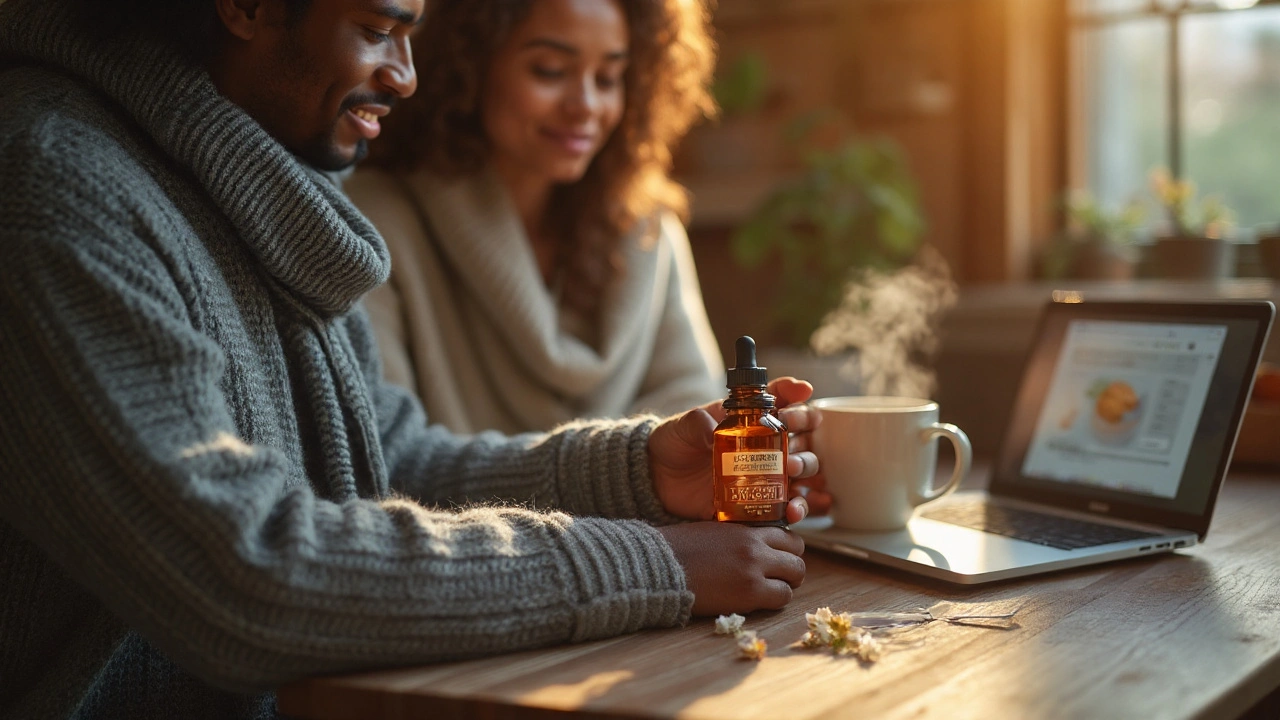Herbal Safety: Practical Tips for Smart Use
Thinking about adding a new herb to your routine? Herbs can boost energy, support immunity, or soothe skin, but they also carry risks if you’re not careful. Below are simple steps you can take right now to keep your herbal experiments safe and effective.
Check the source and quality
First thing: buy from reputable brands that test for contaminants. Look for a batch number, clear labeling, and third‑party certifications. If a product claims it’s “pure” but offers no lab results, skip it. Cheap bulk powders often hide heavy metals or pesticides that can mess with your health.
Know the right dose and timing
Even natural compounds can be toxic in high amounts. Start with the lowest dose the label suggests and see how your body reacts. For herbal teas, a typical brew is 1–2 teaspoons of dried herb per cup; don’t double it unless a professional tells you to. Timing matters too—some herbs (like ginseng) are best taken in the morning to avoid sleep disruption.
Speaking of ginseng, it’s a popular energy booster but can raise blood pressure or interact with blood‑thinners. If you’re on medication, check with a pharmacist before you start. The same caution applies to other strong herbs such as St. John’s wort, which can reduce the effectiveness of birth control pills and antidepressants.
Watch for interactions
Herbs aren’t isolated; they mix with everything you eat and any prescription or over‑the‑counter meds you take. A quick online search can reveal common clashes, but the safest route is to ask your doctor or pharmacist. For example, jewelweed supplements are great for skin irritation, yet they might affect blood clotting if you’re on anticoagulants.
If you’re pregnant, nursing, or have a chronic condition, treat herbs like any other drug—consult a healthcare professional before starting. Some herbs that seem harmless, like certain essential oils, can trigger uterine contractions or allergic reactions.
Track your response
Keep a simple log: note the herb, dose, time of day, and any symptoms you notice. Within a week, you’ll see patterns—whether you feel more alert, experience stomach upset, or notice no change at all. This record helps you and your doctor decide if you should continue, adjust, or stop.
Also, be aware of delayed side effects. Some herbs, such as kava, can cause liver issues after weeks of regular use. If you notice yellowing skin, dark urine, or persistent fatigue, stop the herb immediately and seek medical advice.
When in doubt, pause
It’s easy to get excited about natural remedies, but the safest move is to pause if you’re unsure. A short break can prevent a small problem from becoming a big one. Use that time to research, ask questions, and maybe get a professional opinion.
By following these straightforward steps—checking quality, dosing carefully, watching for interactions, and monitoring your body—you can enjoy the benefits of herbs without unwanted surprises. Stay curious, stay safe, and let nature work for you, not against you.

Asarum (Wild Ginger) Supplement for Immunity: Benefits, Dosage, and Safety in 2025
Curious about Asarum for immunity? Learn what it can and can’t do, safe dosage, how to choose a clean product, and who should avoid it-clear, evidence-based tips.
